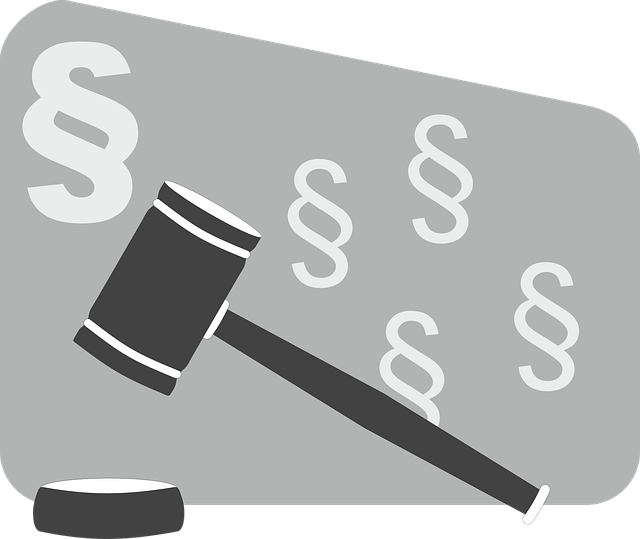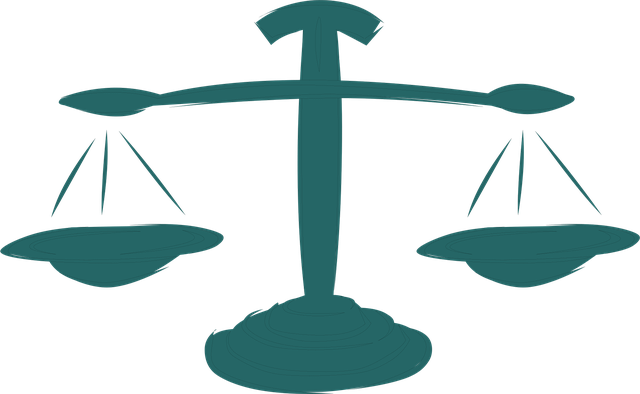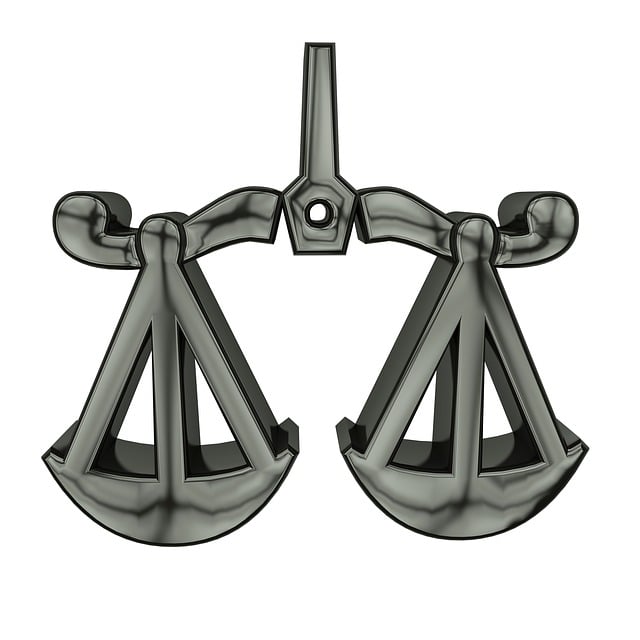Defending Against Financial Regulation Violations involves skilled attorneys navigating complex cases by challenging prosecution narratives and ensuring fair assessments. The legal framework addresses bribery, embezzlement, money laundering, and fraud, with penalties aimed at deterring misconduct. White-collar defense experts scrutinize financial records and employ advanced tools to challenge evidence admissibility and craft tailored defenses. Collaborative prevention efforts include robust legal frameworks, ethical guidelines, and oversight to build trust, strengthen institutions, and enhance societal integrity.
Public corruption charges are a serious matter, implicating misuse of power and financial regulations within public institutions. Understanding these charges involves grasping their diverse forms, from abuse of office to embezzlement. This article delves into the legal framework combating financial misdeeds, including relevant laws and investigative tools. We explore defending strategies for accused individuals while highlighting the significance of prevention in fostering integrity. Key focus: defending against financial regulation violations.
- Understanding Public Corruption Charges: Definitions and Types
- Legal Framework: Laws and Regulations Targeting Financial Misdeeds
- Investigating Financial Regulation Violations: Methods and Tools
- Defending Strategies: Navigating Legal Loops for Accused Individuals
- Prevention and Impact: Fostering Integrity in Public Institutions
Understanding Public Corruption Charges: Definitions and Types

Public Corruption Charges encompass a range of illegal activities where individuals in power misuse their positions for personal gain. These can include bribery, embezzlement, and abuse of public funds. Understanding these charges is crucial for anyone facing accusations, as it involves navigating complex legal definitions and potential consequences.
When defending against Financial Regulation Violations, it’s essential to differentiate between legitimate business practices and corrupt behavior. For his clients facing such charges, achieving extraordinary results often lies in presenting a strong defense that challenges the prosecution’s narrative. Whether through jury trials or other legal strategies, skilled attorneys can help clarify the types of corruption involved, ensuring a fair assessment and protecting the rights of the accused.
Legal Framework: Laws and Regulations Targeting Financial Misdeeds

The legal framework aimed at defending against financial regulation violations is a robust and evolving system designed to combat public corruption charges. Laws and regulations targeting financial misdeeds are becoming increasingly stringent, reflecting a growing awareness of the detrimental impact of such acts on society and the economy. These laws not only penalize individuals found guilty of white-collar crimes but also aim to deter potential offenders by setting clear guidelines and consequences.
The system is structured to address various forms of financial misconduct, from bribery and embezzlement to money laundering and fraud. Effective prosecution relies on a comprehensive understanding of these regulations, making it crucial for those in the philanthropic and political communities to stay informed about their duties and responsibilities. For his clients, navigating this complex landscape requires skilled legal representation specializing in white-collar defense, ensuring adherence to the law and safeguarding against unfounded accusations.
Investigating Financial Regulation Violations: Methods and Tools

Investigating financial regulation violations requires a meticulous approach, as these cases often involve complex financial transactions and intricate legal webs. White-collar defense attorneys play a pivotal role in defending against such charges, employing a comprehensive strategy to uncover and challenge the evidence. They scrutinize financial records, analyze patterns of behavior, and leverage specialized tools to reconstruct the respective business activities.
Advanced methods include data analytics, which can identify unusual transactions or outliers, and forensic accounting techniques to trace funds and establish their origin. With an unprecedented track record in defending against financial regulation violations, these legal experts navigate the regulatory landscape, ensuring that every aspect of the investigation is rigorously tested. They challenge the admissibility of evidence, examine the motives behind accusations, and present compelling defenses tailored to each unique case.
Defending Strategies: Navigating Legal Loops for Accused Individuals

When facing public corruption charges, accused individuals often employ various defending strategies to navigate the complex legal landscape. One common approach is challenging the admissibility of evidence, particularly in cases involving financial regulation violations. Lawyers may argue that certain evidence was obtained illegally or through improper means, thereby seeking to exclude it from trial. This strategy aims to undermine the prosecution’s case by limiting their use of potentially damaging financial records or communications.
Additionally, legal teams focus on distinguishing between corporate and individual clients’ actions. In cases where corruption involves businesses, attorneys might argue that corporate entities are separate legal persons with distinct liability, protecting individual defendants from collective culpability. This defence strategy is particularly relevant across the country, where varying state laws govern corporate and personal liability. By leveraging these legal nuances, defenders strive to mitigate their clients’ potential penalties for alleged financial regulation violations.
Prevention and Impact: Fostering Integrity in Public Institutions

Preventing public corruption is a multifaceted endeavor that requires a collective effort from various stakeholders, including government bodies, law enforcement agencies, and both the philanthropic and political communities. Strengthening integrity within public institutions involves implementing robust legal frameworks and ethical guidelines, coupled with effective oversight mechanisms. By defending against financial regulation violations, these measures aim to deter potential wrongdoers and promote transparency in governance.
The impact of successful corruption prevention extends far beyond mere compliance. It fosters trust between citizens and their public servants, strengthens democratic institutions, and ultimately enhances the overall integrity of society. This collective responsibility involves not only strict enforcement of laws but also encouraging a culture of ethical conduct among public officials and fostering a strong white-collar defense mechanism to avoid indictment for financial crimes.
Public corruption charges, involving financial regulation violations, require a nuanced understanding of both legal frameworks and effective defense strategies. By navigating the complex landscape of laws and regulations, individuals accused can employ robust defending mechanisms. Ultimately, addressing public corruption is essential for fostering integrity within institutions, ensuring transparency, and promoting trust in governance. Moreover, Defending Against Financial Regulation Violations should be approached with a comprehensive strategy to safeguard individual rights while upholding the rule of law.






